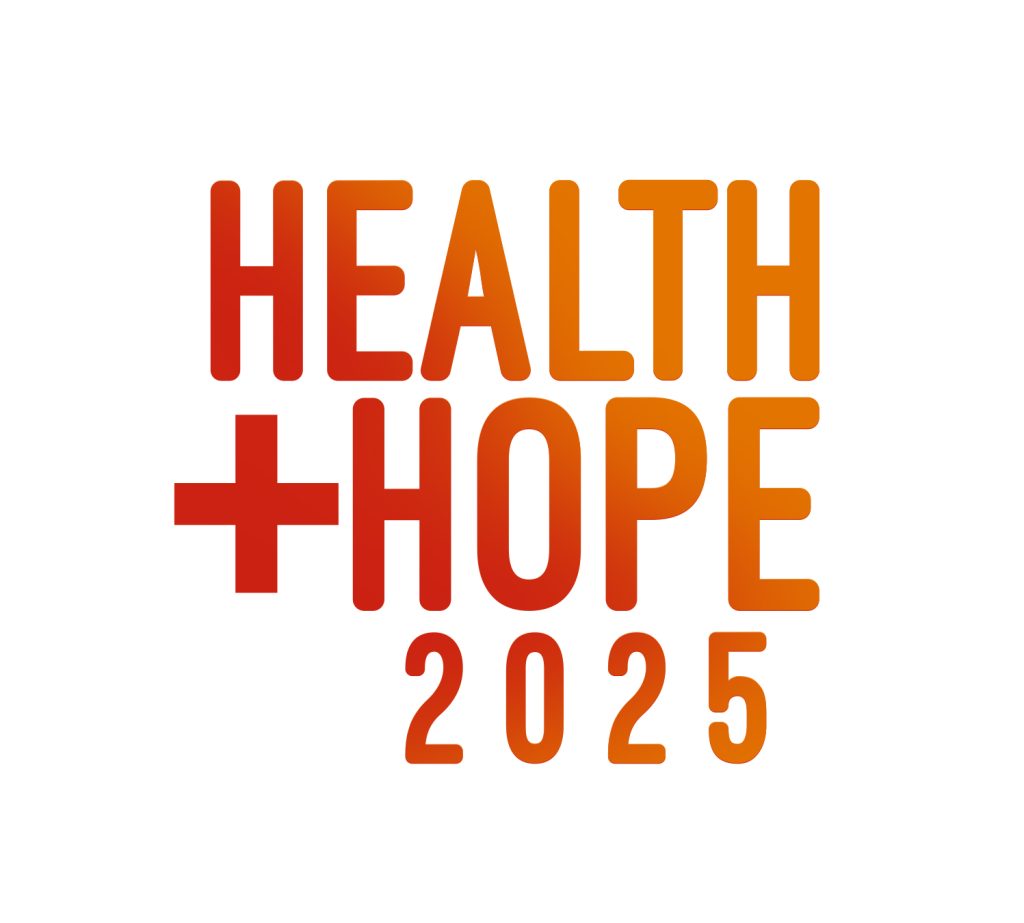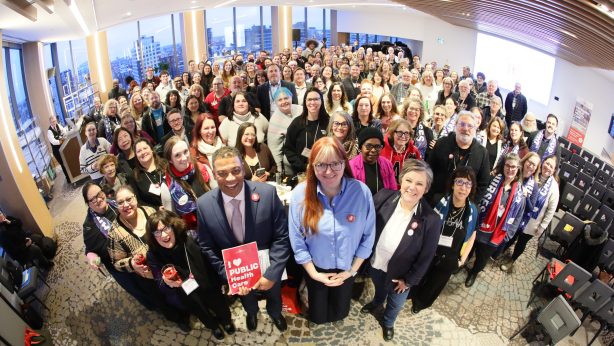The pandemic worsened access to medicine for close to 1 in 5 people
The latest research looking at pharmaceuticals use during the pandemic shows immense disparity in access to medicine in Canada.
If you are an immigrant or similarly racialized person, you are much more likely to report that the pandemic affected your prescription drug coverage.
Researchers at the federal government’s Health Statistics Branch studied Canadians’ access to and use of pharmaceuticals using data from the 2021 Survey on Access to Health Care and Pharmaceuticals During the Pandemic, collected from March to May 2021.
“Pharmaceutical access and use during the pandemic,” authored by Kassandra Cortes and Leah Smith, made the following observations:
Percentages of people reporting not having prescription insurance to cover medication cost was higher among immigrants (29%) relative to non-immigrants (17%) and among racialized persons (29%) relative to non-racialized and non-Indigenous persons (17%).
In 2021, about one fifth (21%) of Canadians reported not having insurance to cover any of the cost of prescription medications in the past 12 months.
Close to 1 in 5 Canadians reported that the pandemic affected their prescription coverage, with immigrants being nearly twice as likely as non-immigrants to be affected (28% versus 15% of non-immigrants). Similarly, racialized persons were more likely than non-racialized and non-Indigenous groups to report consequences of the pandemic on their coverage (29% versus 14%).
Close to 1 in 5 Canadians (18%) spent $500 or more out-of-pocket on prescription medications over the past year. Spending was higher for those without prescription insurance than for those with coverage.
- The results can be read in the report, “Pharmaceutical access and use during the pandemic” by Kassandra Cortes and Leah Smith, released on November 2, 2022.
The new findings should instill added urgency in the federal government which has promised to make progress on a national universal pharmacare program, as described in Budget 2022 and the Liberal-NDP Confidence and Supply Agreement.
The Canadian Health Coalition has launched the Health and Hope 2025 campaign to bring about a national universal pharmacare program and the other health care commitments in the Liberal-NDP agreement. Among them is a commitment to pass the Canada Pharmacare Act by the end of 2023.
Story continues below



